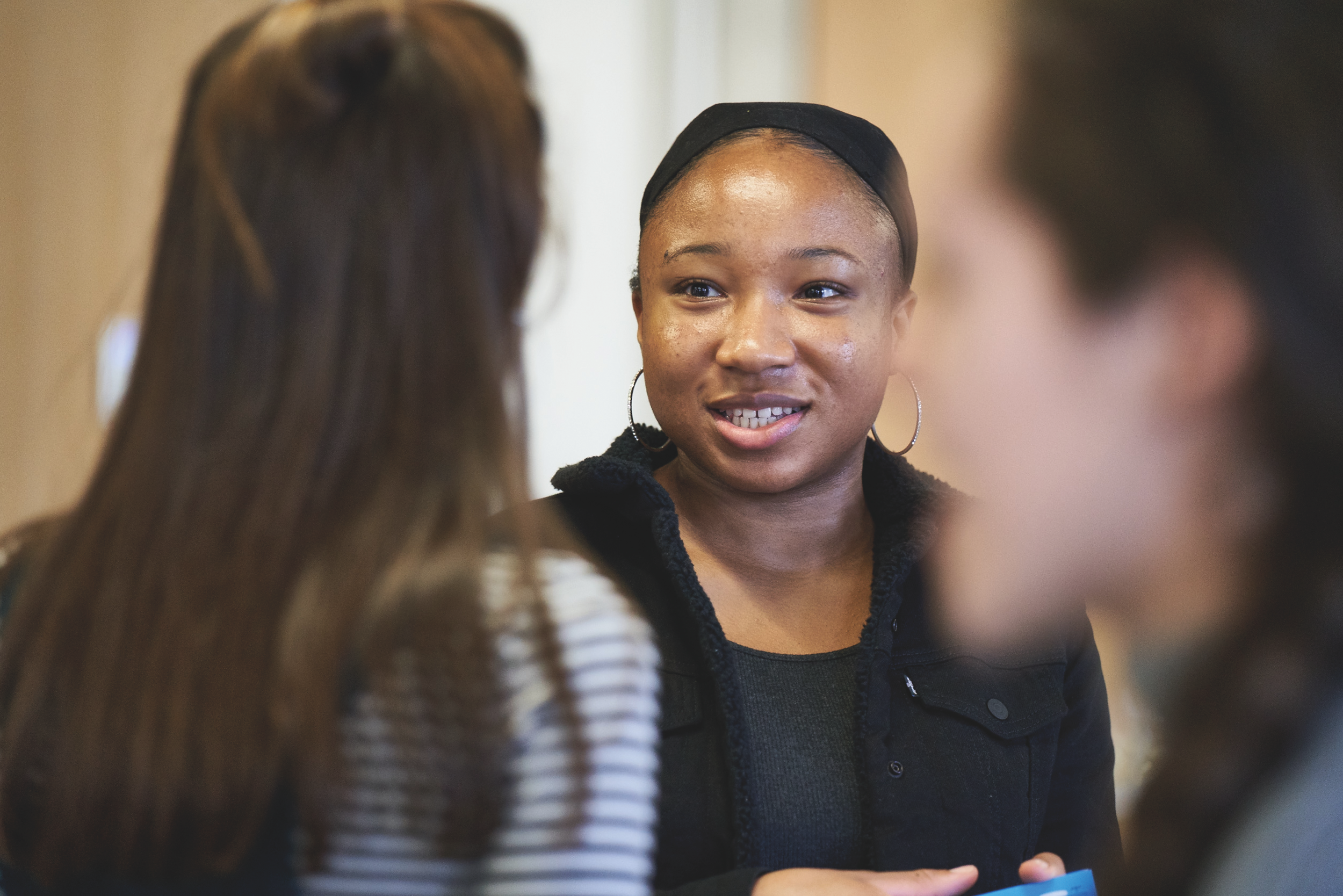
Priority 3
Children, young people and parental mental health
The pandemic put immense pressure on the mental health of children, young people, parents and caregivers. Rates of mental ill-health, which were already increasing in young people, have been exacerbated as children and young people have struggled with missed education, fear and anxiety.
From our listening, we heard caregivers expressing feelings of guilt and grappling with the stigma of ‘not coping’. Many parents wanted mental health support but did not know where to get it. Around a third of parents in our survey were not confident that they are able to cope and were experiencing symptoms of depression and anxiety.
What our communities asked for:
NHS and local authorities to:
3.1 Improve the interaction for young people on the waiting list for CAMHS by developing something like a ‘virtual waiting room’
3.2 Support and resource parent groups to offer peer-to-peer and co-produced mental health support
What we are doing:
3.1 Improving the CAMHS waiting experience
As outlined at the Community Summit in June 2020, there is widespread agreement on the need to improve the CAMHS waiting experience – and broad commitment to do better in communicating, providing more contact and supporting young people and families at this critical time.
Navigating the wait or ‘void’, as some of our community members call it, can be difficult. We know there has been good work done on this across Trusts.
Young people, teachers and parents all across South London care about this and support the effort – the urgency has only increased. We brought together mental health trusts with local partners, including schools and teachers, to explore a ‘virtual waiting room’ to improve the ways young people are communicated with and supported whilst they are on the CAMHS waiting list. Through this work, South West London and St George’s NHS Mental Health Trust now has visible waiting times on its website, helping parents, carers and young people to access them and make more informed decisions about the support they need. Oxleas NHS Foundation Trust followed suit by publishing waiting times on the trust website.
Our Programme worked with the team from CAMHS Digital Lab and the Institute of Psychiatry, Psychology & Neuroscience at King's College London to launch a pilot virtual waiting room using the myHealthE app in Spring 2023.
3.2 Scaling up Parental Mental Health Support
Over the next two years, we are ambitious about improving the scale and reach of parent peer support services in South London, to meet the need outlined in South London Listens. We have begun auditing the current picture across south London to identify gaps and opportunities – including promoting existing initiatives underway at a borough level. Working with - and expanding - our networks, we will provide up-skilling and training to parent groups across south London and launch two new pilot initiatives Parent University and Dad Champions.
Through Parent University, we will bring together parents of young children, community leaders and organisations and mental health professionals to work to develop and co-create a mental health and well-being programme. This programme which we are initially piloting in Southwark and Lambeth will aim to specifically meet the needs of vulnerable parents with young children struggling because of isolation and poor mental health. We will identify key topics, an outline, delivery method and materials for the course.
Through our Dad Champions project, we will carry out a proof-of-concept trial of a new programme for fathers across Lewisham, Lambeth, Southwark and Croydon. It is adapted from the successful Empowering Parents, Empowering Communities (EPEC) model. This addresses the findings of South London Listens, in particular challenges around engagement with fathers. This will be co-created with south London communities and will focus on fathers of children aged 2-11.
We will invest in leadership development for parent leaders in south London, equipping them to provide peer-to-peer mental health support and work with partners to directly address the findings from South London Listens. Through an initial pilot in Southwark, this will include a training course to upskill people who run parent groups in the relationship-building techniques of community organising, mental health awareness, and how to access the mental health system. We will then develop a programme that will provide a peer-to-peer support network for parents that are alumni of Parent University to connect with each other and break down the barriers to positive parental mental health.
We know that there is widespread support across the NHS and local authorities in south London for parent peer support programmes, so we will be looking to build on our pilots to develop and roll out more widely throughout our programme.
Working in collaboration with football clubs across south London
We are exploring work on a new initiative Advantage, which is a community based support offering mentoring for young people with mild to moderate mental health and wellbeing needs. It is an innovative partnership between football community club organisations and NHS CAMHS units. Advantage uses youth work to connect with young people, with a mentor supported by a designated NHS clinician.
Fantastic FRED
A school-based, live performance, mental health resource for primary aged children to inform, equip and build resilience, it delivers simple, memorable and practical ways that young children can look after their mental health and explains the link between our physical and mental health.
“It’s been inspiring to work with our communities in such different way. I feel proud of the joint work we are doing on such important issues, tackling the mental health impact of the pandemic, especially for young people. It’s rewarding to be involved and co-create change together with our communities, to make a real and felt difference.”
— Martin Wilkinson, Director of Integrated Care and Commissioning, South East London Integrated Care System
